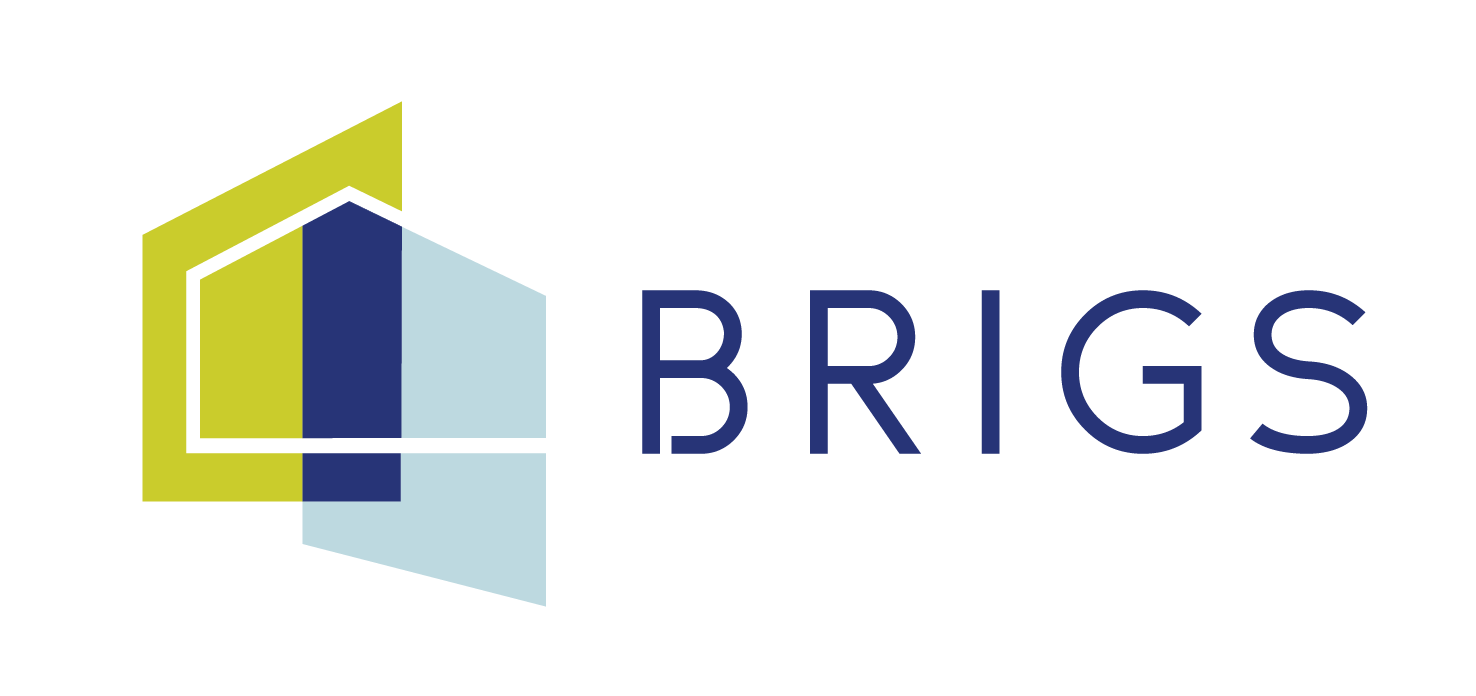The Stress of Condominium Management
By Michael Valente, Sr. VP of Condominiums
In the bustling world of real estate, condominium managers play a pivotal role in ensuring the smooth operation of residential communities. However, the demands of their job often go unnoticed, overshadowed by the very buildings they manage.
The Multifaceted Role of Condominium Managers
Condominium managers are at the heart of a complex ecosystem. Their day-to-day responsibilities range from overseeing maintenance and repairs to managing budgets and enforcing community rules. They also serve as the primary point of contact for residents, vendors, and other stakeholders. This multifaceted role requires them to wear many hats—as a mediator, planner, problem-solver, and often, crisis manager.
This is a lot of responsibility for one community, now multiply this by 6-8 (and in some cases more) in the world of portfolio management. Not all managers are exclusive to a single site, and often consumers in this industry do not understand this complexity.
The Hidden Stresses Behind the Scenes
The stress experienced by condominium managers is multifaceted. Firstly, the responsibility of maintaining a safe and functional living environment for residents is substantial. Any lapse can lead to discomfort or worse, hazards for the residents. Furthermore, they must constantly balance the expectations of the board and the residents, often facing criticism from both sides. The pressure to manage budgets effectively, especially during unforeseen expenses, adds another layer of stress.
Additionally, condominium managers frequently deal with emergencies that require immediate attention, disrupting their personal lives. From power outages to plumbing disasters, the urgency and unpredictability of these situations can be highly stressful.
Lastly, managers need to harbor many skills such as financial acumen, contract negotiation, understanding of mechanical equipment, and a significant amount of legal jargon. Often the expectation is that managers are masters of all, but the reality is that it is not accurate in most cases.
The Impact of Stress on Performance and Well-being
Chronic stress can have serious implications not just on the performance of condominium managers but also on their physical and mental health. High-stress levels can lead to burnout, a state of emotional, physical, and mental exhaustion caused by excessive and prolonged stress. Burnout not only affects their job performance but can also lead to more significant health issues, such as depression and anxiety.
I mention this as I feel it is not often discussed in the industry and overlooked. If this issue is not specifically discussed and acknowledged our industry will continue to be at risk of losing valuable potential.
A survey performed by mrisoftware.com suggests the following:
Retention problems. More property managers are unsure of whether they will stay in the industry with just over one in five intending to leave the industry.
Workload has gone up. Everyone feels like they’re trying to do more with the same or fewer resources.
Training gaps. Just 34% of property managers believe they have been given the training they need to successfully manage their role.
Dealing with conflict. A large part of the job is about handling disgruntled residents or landlords. 60% of property managers say the biggest challenge of the job is dealing with aggressive or abusive landlords or tenants.
Mental health struggles. 53% of property managers struggle with mental health and switching off after work.
Cultivating a Supportive Environment
Creating a supportive environment for condominium managers involves several actionable steps.
Regular Check-ins:
Establishing regular meetings where managers can discuss challenges and receive support. This is essential for those in leadership roles to perform.
Professional Development:
Offering opportunities for managers to acquire new skills and knowledge to handle their responsibilities more effectively. This can be done through third-party continuing education classes as well as the Condominium Association Institute (CAI).
Recognition and Appreciation:
Simple gestures of appreciation or formal recognition programs can go a long way in boosting morale throughout a company.
Conclusion
The role of a condominium manager is crucial but comes with significant stress. It is vital for clients to understand the breadth and depth of this role and for companies to remain cognizant of the industry stressors. By companies fostering a supportive environment, we can ensure that our teams remain committed and motivated. This will lead to communities being well-managed and retention with staff and clients strong.
Have you ever considered the day-to-day challenges faced by your condominium manager? How can we, as a community, contribute to making their job less stressful and more rewarding?

